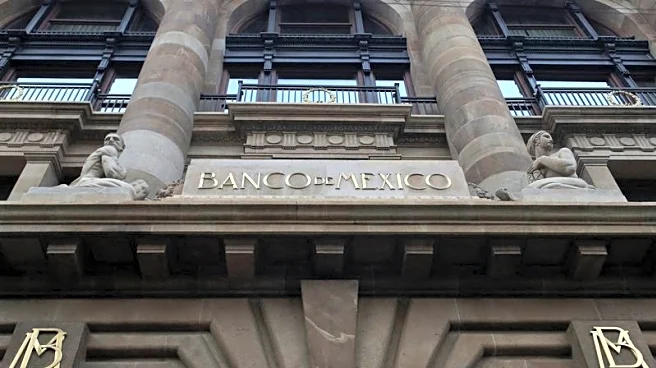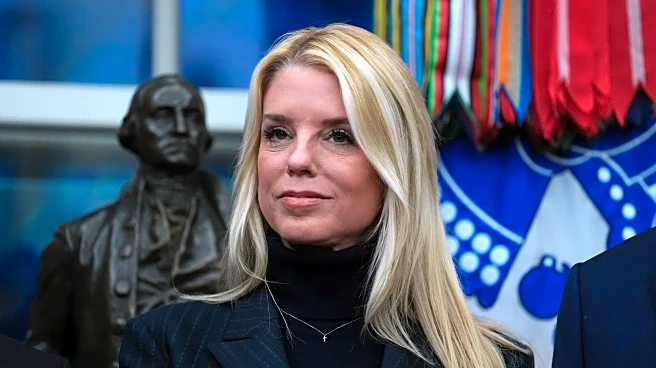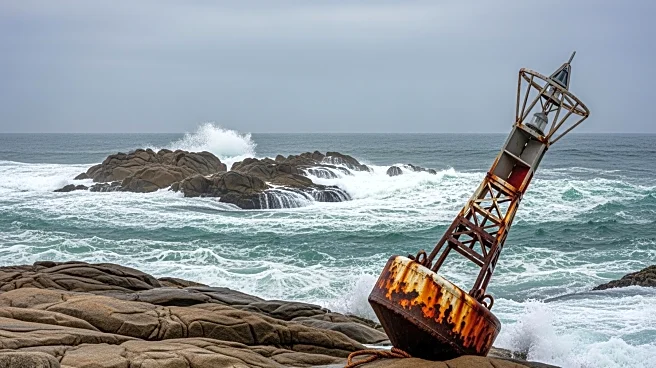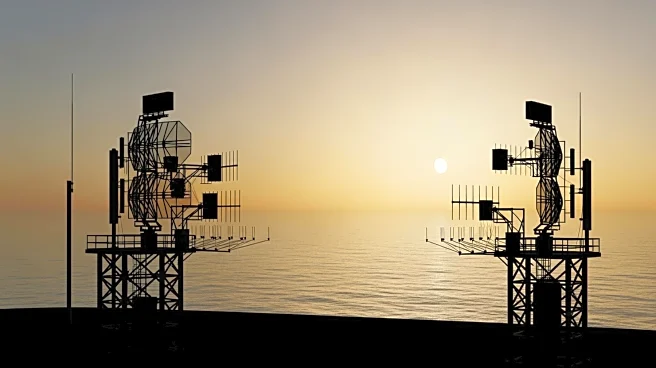What's Happening?
The future of Gaza is at the center of a strategic rivalry between Gulf powers, particularly Qatar, Saudi Arabia, and the United Arab Emirates (UAE). The reconstruction and demilitarization of Gaza have emerged as key battlegrounds. Saudi Arabia and the UAE are
considering leading the rebuilding efforts, but their involvement is conditional on Hamas being stripped of its weapons and a new governing framework replacing its rule. A long-term ceasefire and gradual Israeli withdrawal are also prerequisites for their participation. Both countries view Hamas as a destabilizing force and demand disarmament as a security and financial concern, with tens of billions of dollars at stake. Qatar, on the other hand, remains a primary sponsor and mediator for Hamas, preferring rapid reconstruction with fewer conditions, which could restore direct funding to Hamas and deepen Doha's influence.
Why It's Important?
The involvement of Gulf states in Gaza's reconstruction is significant as it could reshape the Palestinian arena and shift the balance of power in the region. Saudi Arabia and the UAE's conditional approach reflects broader goals of enhancing regional standing, advancing security and economic interests, and maintaining public support at home. Their participation could lead to normalization with Israel, impacting diplomatic relations and regional stability. However, Qatar's dominant role and its pragmatic approach to Hamas's disarmament complicate the situation, potentially undermining American interests and the broader negotiation process. The divergence in conditions among Gulf states highlights the complexity of achieving a unified strategy for Gaza's future.
What's Next?
The future steps involve addressing the conditions set by Saudi Arabia and the UAE for their participation in Gaza's reconstruction. This includes the disarmament of Hamas and the establishment of a new governance structure. The absence of Saudi and Emirati leaders from recent summits reflects dissatisfaction with the current framework and the prominence given to Qatar and Turkey. The potential formation of a multinational security force in Gaza remains uncertain, with concerns about open conflict with Hamas and the mission's mandate. The ambitious plan for Gaza's reconstruction faces challenges, including financial commitments elsewhere and no clear political horizon, which may keep investments theoretical.
Beyond the Headlines
The strategic rivalry over Gaza's future has deeper implications for regional politics and alliances. The conditional approach by Saudi Arabia and the UAE reflects a broader effort to reshape the Palestinian arena and enhance their regional standing. Qatar's pragmatic approach to Hamas's disarmament secures its influence in Gaza and maintains its role as a mediator. The divergence in conditions among Gulf states highlights the complexity of achieving a unified strategy for Gaza's future, with implications for regional stability and diplomatic relations.
















